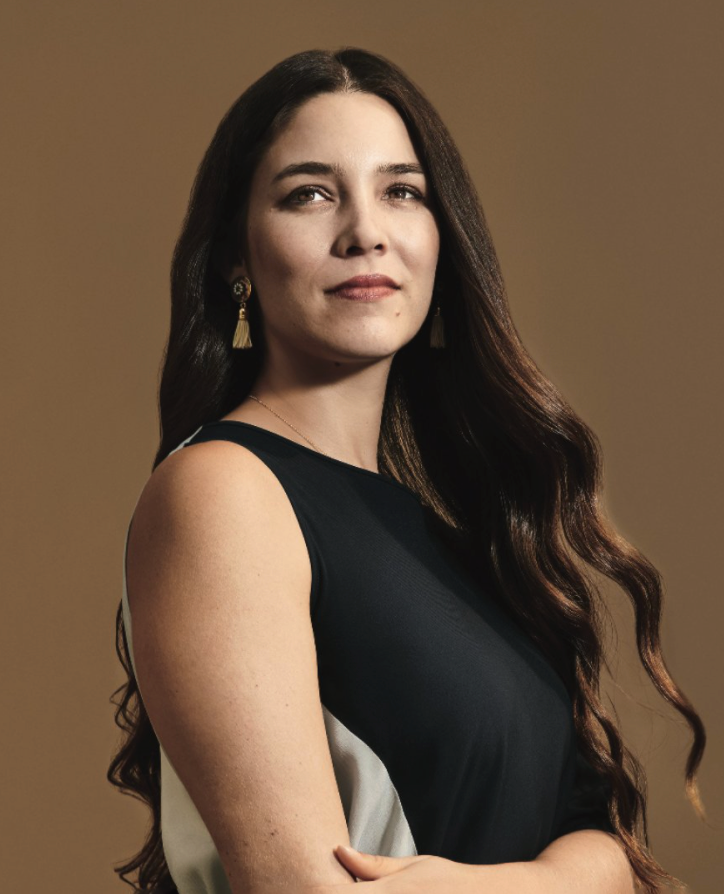Kim Bojórquez
The Sacramento Bee
WWR Article Summary (tl;dr) According to a 2020 study by the Stanford Latino Entrepreneurship Initiative, Latino-owned businesses, were more likely to report having less cash on hand during the covid crisis. They also said their Paycheck Protection Program applications were denied at higher rates than those of white-owned businesses.
Sacramento
The week California ordered the closures of businesses amid the coronavirus pandemic in March 2020, Maria Palacio, co-founder of Progeny Coffee, lost 97% of her revenue.
Prior to the pandemic, her biggest moneymaker was selling Colombian coffee beans to the offices of Google and Facebook. For months she lay awake at night worrying about the fate of her coffee company and how closing her business would impact the farmers in Colombia who grew her beans.
But after more than a year of facing dipping sales and uncertainty spurred by the COVID-19 health crisis, her Palo Alto business perservered.
The pandemic “transformed us completely,” she said. “It pushed us to open new sales channels.”
Amid the coronavirus crisis, Latino-owned businesses, the fastest-growing U.S. business population, were more likely to report having less cash on hand. They said their Paycheck Protection Program applications were denied at higher rates than those of white-owned businesses, according to a 2020 study by the Stanford Latino Entrepreneurship Initiative.
Now, as California reopens and COVID-19 cases across the state wane, Latino business owners like Palacio are hopeful their businesses can come out of the pandemic even stronger than before.
For many Latino business owners, according to Cathy Rodriguez, CEO and president of the Sacramento Hispanic Chamber of Commerce, the pandemic reiterated the importance of having a sound business plan and organized paperwork in case of an emergency.
“They’re like, ‘We realized we needed to be better prepared,’ which is a positive thing,” she said.
About 1 in 4 California businesses are owned by Latinos, Gov. Gavin Newsom said during a gala organized by the Latino Community Foundation in June.
“It’s why we need each and every one of you to come back stronger, because when Latinos succeed our state truly does flourish,” he said.
In 2015, Cuahutemoc Vargas, along with his business partner David Garcia, opened the doors to Kulture, a Sacramento retail shop that specializes in Mexican imports.
When the COVID-19 crisis hit, they were forced to close their doors for two months and re-opened in May 2020. The shop owners acted quickly to add COVID-19 safeguards at their store and ramped up their social media strategy to attract more customers.
So far, their efforts have paid off. Vargas said foot traffic at their store has picked up since January and their sales are almost back to pre-pandemic levels.
As the pandemic kept people cooped up in their homes, Vargas said customers became interested in home improvement projects and flocked to his shop to buy decorations.
Palacio said becoming a winner of Stacy’s Rice Project by PepsiCo last summer helped introduce her to big box retailers who now carry her coffee beans online. Her old clients, she said, have also reached out to her as they prepare to open their office spaces to employees.
Rodriguez added that her group deployed a business consultant to visit Latino-owned businesses during the pandemic to let them know about public COVID-19 relief that was available.
She said some Latino business owners were denied loan applications because they did not have the proper paperwork or permits in place.
Others, she said, did not have an existing relationship with their bankers.
“It’s so important that you have these relationships because we hope we don’t go through another pandemic during our lifetime,” she said. “This business education is so important that our Latino businesses actually take the time to do it. It’s what’s going to make a difference for those that were able to receive funding.”
In Sacramento, Rodriguez said Latino-owned hair salons were among the hardest hit businesses during the pandemic. She also added that Latino restaurant owners continue to have a hard time finding workers.
“I am overwhelmed with how resilient our community is,” Rodriguez said.
“I hope that people realize the strength that they have and the contributions that are being made that really add to the economic development and growth of our region, because they’re just as important and just as vital as any other business here.”
___
Distributed by Tribune Content Agency, LLC.














































































































































































































































































































































































